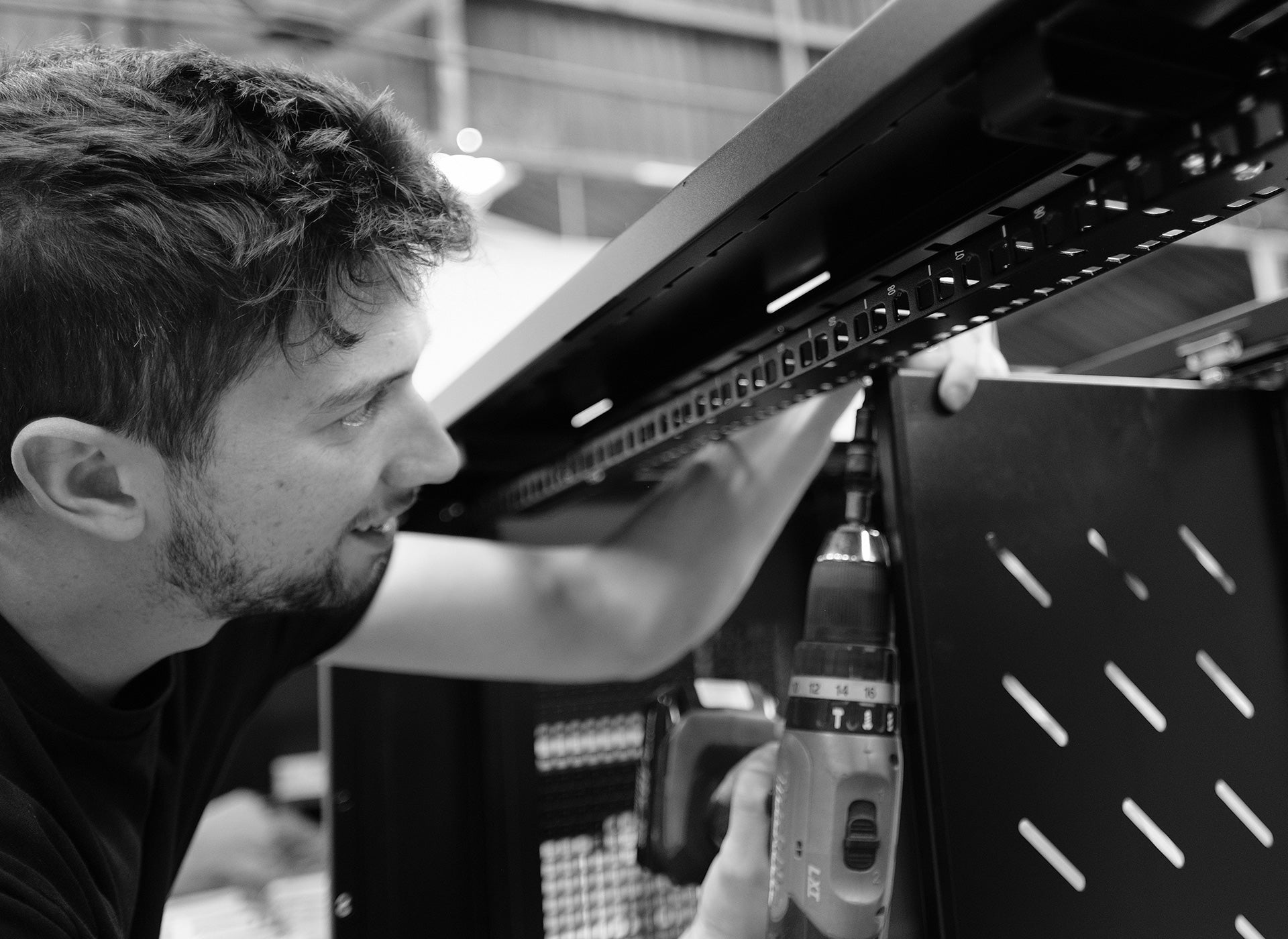
According to data released yesterday by the UK PMI, the novel coronavirus COVID-19 is beginning to disrupt manufacturing, but one expert believes the answer could lie in technology.
The UK IHS Markit/Cips manufacturing purchasing managers (PMI) index identified that while the manufacturing sector saw the fastest growth in ten months this February, the coronavirus’ impact on global supply chains was beginning to be felt.
In particular, the UK manufacturing industry is beginning to face issues surrounding the delivery of raw materials as well as increased costs to purchase them. This is due in particular to the dramatic shutdown that has impacted China, where many raw materials are produced.
“Coronavirus (COVID-19) has hit the world with a big challenge. Not only is it disrupting the health and wellness of people around the globe, it is making a significant dent to the world economy,” said Rafi Billurcu, partner, Manufacturing at Infosys Consulting.
“We can see big impacts on manufacturing and supply chain dependent sectors in terms of longer lead times to get raw materials, lesser factory utilisation and overall low throughput.
“Given the rise of the servitisation agenda across most of the sectors, where organisations are looking at new growth channels via services, any impact on the delivery of these services leads to revenue leakage. The transformation of industries from B2B to B2C to B2B2C is having a significant impact on end consumers, making them feel directly impacted and dissatisfied.”
How well do you really know your competitors?
Access the most comprehensive Company Profiles on the market, powered by GlobalData. Save hours of research. Gain competitive edge.

Thank you!
Your download email will arrive shortly
Not ready to buy yet? Download a free sample
We are confident about the unique quality of our Company Profiles. However, we want you to make the most beneficial decision for your business, so we offer a free sample that you can download by submitting the below form
By GlobalDataHow technology can help UK manufacturing weather the coronavirus
However, while manufacturing faces considerable challenges in dealing with the problems caused by the coronavirus, Billurcu argues that the issue could be helped with the use of technology.
He suggests that manufacturing companies use the crisis as an opportunity to transform their operations, leveraging technologies such as 3D printing, artificial intelligence (AI) and drones to reduce their sensitivity to such outbreaks, which are expected to become more common in the future.
“A key learning from the coronavirus outbreak is to think of these risks as inevitable. Organisations need to become more agile in terms of manufacturing and supply chains, and adoption of digital technologies such as 3D printing, blockchain and AI can definitely help ease the pain when in future, similar unanticipated events occur,” he said.
“For example, 3D printing can be used to manufacture required parts or raw materials, in order to ensure minimal impact on the supply chain, thereby reducing the impact on customer service levels. AI can help bring out automated insights in a fraction of a second about how to manage the logistics network, how to re-route the fleet and make the delivery happen.
“Drones can help with last-mile logistics, ensuring deliveries happen even in the affected areas, without anyone having to make these in person.”
He also argued that organisations should develop strategies to source materials locally when they cannot be easily imported.
“Another key learning is to always have a focus on a localisation strategy, ensuring power of local supply base can be leveraged when needed.”
Read more: Coronavirus impacts on technology industry supply chain



